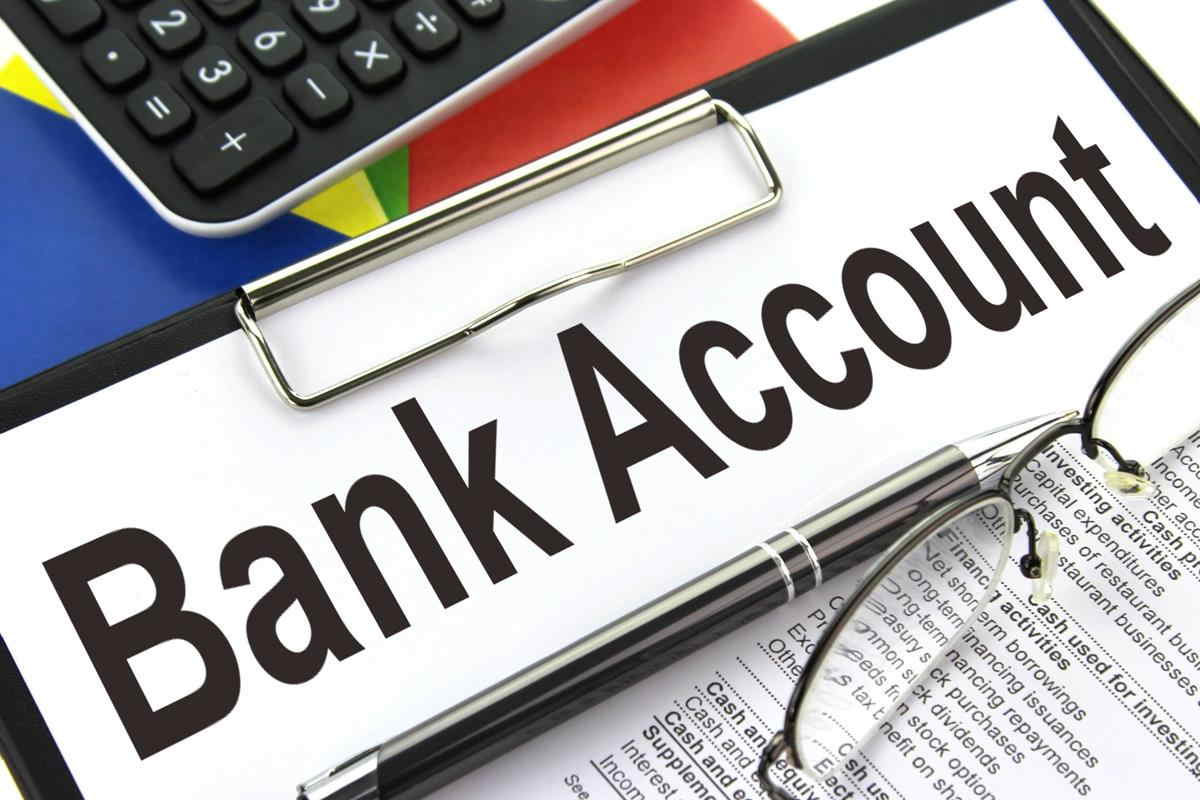If you’re wondering how to open a savings account, take heart: It’s a fairly pain-free procedure if you know what you require, what kind of account you desire, and what type of barriers you might deal with along the method. And if you’re still on the fence about whether you need a checking account, we’ll tackle that concern, too.
If you’re opening an individual cost savings or checking account in your own name in the United States, you’ll generally need to be at least 18. You’ll likewise need some fairly standard information, consisting of the following:
What do you need to open a bank account at a branch?
- Image recognition: You’ll require a government-issued ID such as your chauffeur’s license or passport. Some banks may likewise need secondary recognition such as a credit card or an energy expense.
- Social Security number: Despite growing fears over identity theft, the majority of banks still need your Social Security number. If you’re cautious of offering your number, you may be able to utilize a Taxpayer Recognition Number that you receive from the Irs.
- Other individual details: This will include your date of birth, physical address, contact number, and in some cases even your email address.
- Initial deposit: You’ll only require this right now if your bank needs a minimum total up to open an account. You can normally money your brand-new account with a check, debit card, or money order.
What do you need to open a savings account online?
There are a great deal of outstanding online banks, however you can also open an account online with most significant brick-and-mortar banks, too. Smaller sized neighborhood banks and credit unions may not offer this convenience, though.
To open a savings account online, you’ll need your Social Security number and the other individual details outlined above. To fund your account right now, you’ll require your existing debit card (if permitted) or your existing bank’s name, address, routing number, and your account number to establish a direct link between accounts.
Why would a bank reject my application for a new account?
While opening a checking account is a relatively simple process, there is always the possibility for a few missteps. Here are some factors you may be denied a brand-new bank account:
- The bank could not verify your personal information. It’s common for identity thieves to open brand-new accounts using somebody else’s data, so banks are really careful when it comes to double-checking your individual information. Make certain to triple-check for errors before submitting your application.
- You are flagged as a high-risk client. If you mishandled a previous checking account or were believed of scams at a previous bank, you may be flagged in a database called ChexSystems. Banks inspect this database prior to authorizing applications for brand-new accounts and are most likely to turn down anybody who is noted. In that case, you may require to make an application for a second-chance examining account.
- You have bad credit. Some banks just inspect ChexSystems prior to approving applications, however, it’s not uncommon for others to pull your credit report instead of (or in addition to) your past banking record. If they don’t like what they see, you may be denied.
If you are rejected an account, the bank must supply a factor in addition to the name of any customer reporting firm it consulted in rejecting your application. You can then get in touch with that firm for a totally free report to ensure its details is precise.
Why do I require a checking account, anyhow?
While it’s not absolutely required to have a bank account, there are a variety of reasons you’ll desire one:
- To make your life simpler: If you have actually attempted to pay huge expenses without a checking account, you know how much of discomfort it can be. Just being able to compose a check is a huge relief for anybody who’s had to utilize money orders, cashier’s checks, or wire transfers. Today, banks likewise offer a lot of other benefits, consisting of direct transfers in between accounts online, person-to-person payments, and 24/7 account access.
- To keep your cash safe: Still stashing your money under your mattress? It’s time to stop– simply one home fire or house intrusion is all it would take to rob you of your personal fortune. In a bank, your cash will be guaranteed by the Federal Deposit Insurance Coverage Corporation ( approximately certain limitations). So even if something takes place to your bank, you will not lose a cent of your loan.
- To meet your cost savings and financial investment objectives: If you wish to grow your money, a bank can assist with the basics, including savings accounts, certificates of deposit, and cash market accounts. Some banks also provide access to more sophisticated financial investment vehicles such as stocks and bonds, shared funds, retirement accounts, annuities, and more.
- To save cash: Not having a bank can be costly. If you rely on check-cashing services, cash orders, and pre-paid debit cards, you’ll be paying steep charges for each service. You may also be more vulnerable to using services intended at people outside the banking system, consisting of a payday advance, auto title loans, pawnshop loans, and rent-to-own stores. Most have expensive rates of interest and utilize predatory techniques to trap you in a cycle of debt.
What kind of savings account do I need?
Basic banking accounts come down to inspecting, cost savings, and CDs, or certificates of deposit. To help figure out what you require, you’ll wish to think about how typically you want to access your money and whether you need a represent day-to-day life or long-term savings goals:
Checking
Think about an examining account as your day-to-day workhorse. It’s the most liquid type of account, meaning you’ll be putting cash in and taking money out fairly often. It will be simple to gain access to via your debit card, ATM, or checks.
Most of the times, your loan will not make much (if any) interest in a checking account. You’ll want to make sure you understand (and prevent) your bank’s fees for things such as an overdraft — which is when you attempt to withdraw more loan than your account holds. Make certain to examine whether there’s a month-to-month maintenance charge and whether you can prevent paying it by preserving a particular minimum balance or linking direct deposits.
A number of excellent options with bigger banks consist of Chase Overall Checking® & reg; and USAA Classic Monitoring. Online bank Bank5Connect uses an inspecting account that makes 0.76% APY, an interest rate that’s high even among cost savings accounts, not to mention examining.
Cost savings
Everyone must have an emergency situation fund for unforeseen costs. A savings account can be a practical place to stash this and other short-term cost savings.
This kind of account isn’t as liquid as checking– in truth, under federal regulations, you’ll be restricted to six withdrawals per month. However, you can make a little interest on your loan in a savings account, particularly if you look for a cash market account or high-yield savings account online.
Costs normally aren’t as numerous or high for cost savings accounts as they are with monitoring, however, you’ll still want to be sure to get a complete list of them prior to opening an account.
Excellent bets nationally include the Ally cash market account, which makes 1.0% APY and has no minimum deposit or monthly upkeep costs. Another solid option is with Discover Bank cost savings account, which offers 2.10% APY.
Certificate of Deposit
A certificate of deposit is the least liquid of banks’ common accounts. You open a CD for a particular term, such as 6 months, a year, or five years. During that time, you can’t access your cash without paying an early withdrawal charge. In exchange, you’ll typically receive a greater rate of interest than you would get with a cost savings account that assists you grow your loan. You can likewise utilize certain methods such as CD laddering to optimize your interest.
Some banks offer a series of accounts within these classifications, such as inspecting accounts that do earn interest but require higher balances, or cost savings accounts specifically focused on a university student or kids. Be sure to look at all of your bank’s offerings to make sure you’re getting the finest represent you.
To open a checking account, do your research
Keep in mind to do a bit of research study before opening a bank account. You’ll wish to pick a bank that meets your needs. For example, if you desire to bank face to face, are their branches close by with hours that fit your schedule? Will you have access to a large network of ATMs? Are you clear on all account fees and how to avoid them, if possible?
If you do not position a high top priority on in-person service, do not ignore online banks in your search. Many provide higher interest rates than conventional banks, and if you’re tech-savvy, you’ll probably find online-only banking just as convenient as going to a branch.















Comments